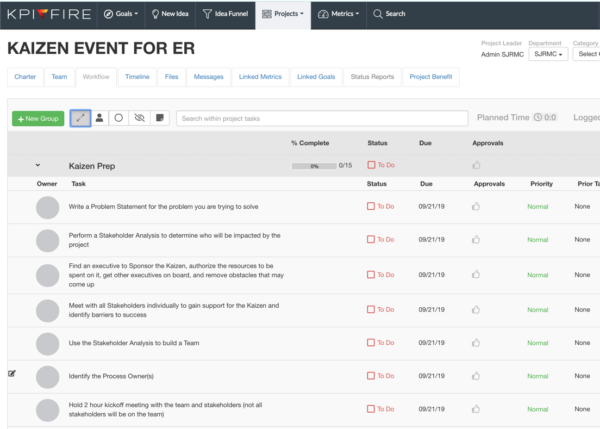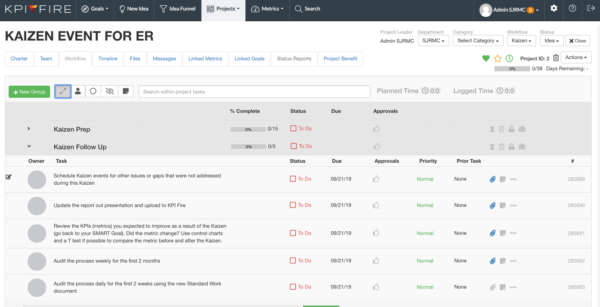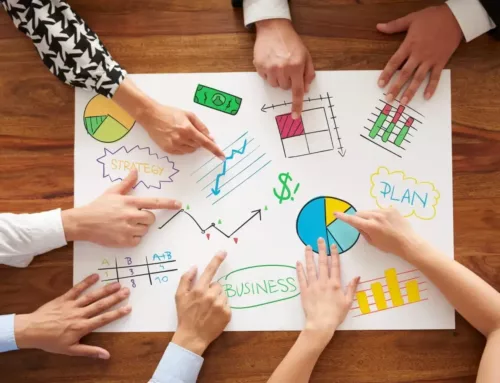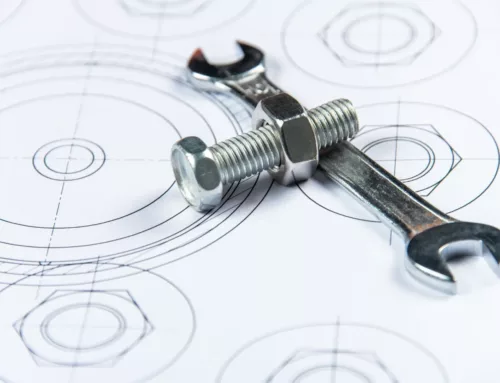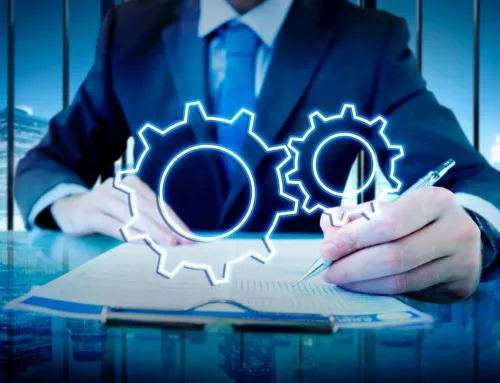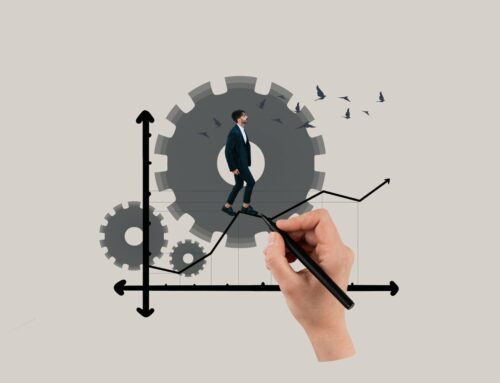As I have said, Kaizen is a Japanese word that means continuous improvement. We use Kaizen in business to, consequently, make our processes better. The idea behind Kaizen is that everyone in the company is involved in continuous improvement simultaneously.
What is a Kaizen Event?
A Kaizen Event means a short, quick-burst event where you get everyone together at the same time to solve one problem.
In Lean we don’t ever really solve problems–we put countermeasures in place–because you never know when the solution we came up with is going to be replaced by an even better solution.
But suffice it to say, if you get a team together and in one day to one week you lock yourselves in a room and you go and tackle a problem– that is a Kaizen event.
A Kaizen event is broken into three steps.
Step One: Pre-Kaizen
At this time, you’ll want to:
- Find out who the key stakeholders are.
- Understand what the true problem statement is.
- Go to the “gemba,” the place where the work happens; to see the problem in its native environment for yourself.
- Decide if this is a problem you really want to solve presently.
- Above all, you move forward and schedule your Kaizen event.
Step Two: The Kaizen Event
 Undoubtedly you’ll want to get the whole team on board by making it a party. (Tip: You’ll want to order lots of food.)
Undoubtedly you’ll want to get the whole team on board by making it a party. (Tip: You’ll want to order lots of food.)
Surely your team is gonna go in and you’re gonna solve a problem together–it should be fun! So schedule some fun into your agenda so you can all have periodic breaks. As a matter of fact, this will boost morale, it is necessary for a lot of people to take breaks and go back to problems in order to get their mind in order to generate new ideas. Everybody should have a positive attitude toward participating in the Kaizen Event; therefore, it is up to you to make that happen.
The biggest hurdle in scheduling the event is getting people away
from their desks and daily duties.
But trust us, its undeniably worth the fight.
Thereafter the event, the team is actively making changes to improve and fix the root cause of the problems that are effecting their departments. Thus they have an opportunity to make a big difference. It teaches them to collaborate, brain storm and work together toward a common goal simultaneously.
Step Three: Post-Kaizen
This is the follow-up period and it is vital to the sustained success of the Kaizen Event.
You must have a good plan that ensures the decisions you’ve made about how to solve the problem and run things moving forward has become tangible.
Without that, all of the progress you’ve made up to this point is going to fall apart.
And most importantly, you need to celebrate with your team and reward them for their hard work.


